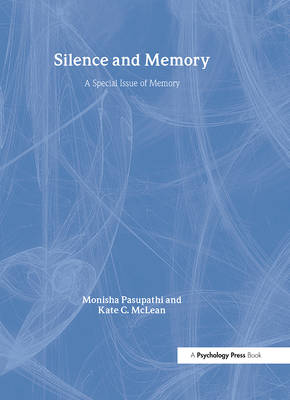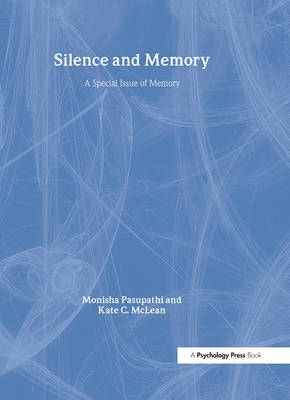
- Retrait gratuit dans votre magasin Club
- 7.000.000 titres dans notre catalogue
- Payer en toute sécurité
- Toujours un magasin près de chez vous
- Retrait gratuit dans votre magasin Club
- 7.000.0000 titres dans notre catalogue
- Payer en toute sécurité
- Toujours un magasin près de chez vous
Description
This issue of Memory focuses on silence and its implications for memory, and also for the implications of silences that extend beyond memory, to the functioning of individuals, groups, and societies. Silence can represent things taken for granted, and also things unsayable. The memory implications of silencing are complex. In terms of traditional memory research concerns - with accuracy and completeness - silencing has clearly negative implications. But silencing is also a means by which self and group become aligned in their views of the past. The contributions here make a strong case for memory researchers to consider what is not recalled, as well as what is.
Spécifications
Parties prenantes
- Editeur:
Contenu
- Nombre de pages :
- 156
- Langue:
- Anglais
- Collection :
Caractéristiques
- EAN:
- 9781848727250
- Date de parution :
- 10-03-10
- Format:
- Livre broché
- Format numérique:
- Trade paperback (VS)
- Dimensions :
- 202 mm x 271 mm
- Poids :
- 2489 g

Les avis
Nous publions uniquement les avis qui respectent les conditions requises. Consultez nos conditions pour les avis.





